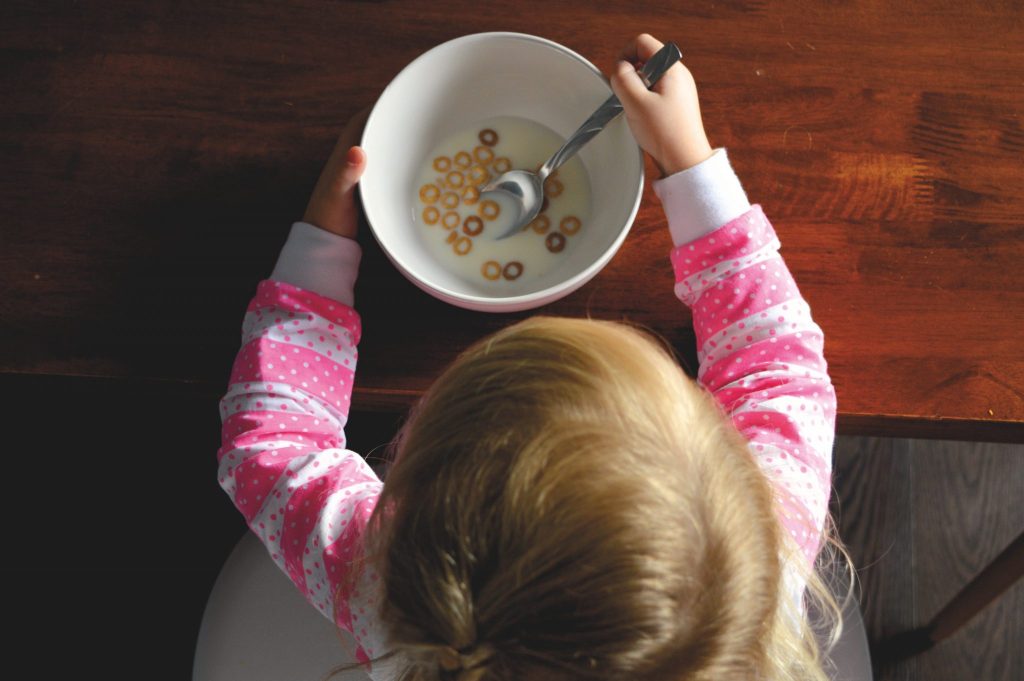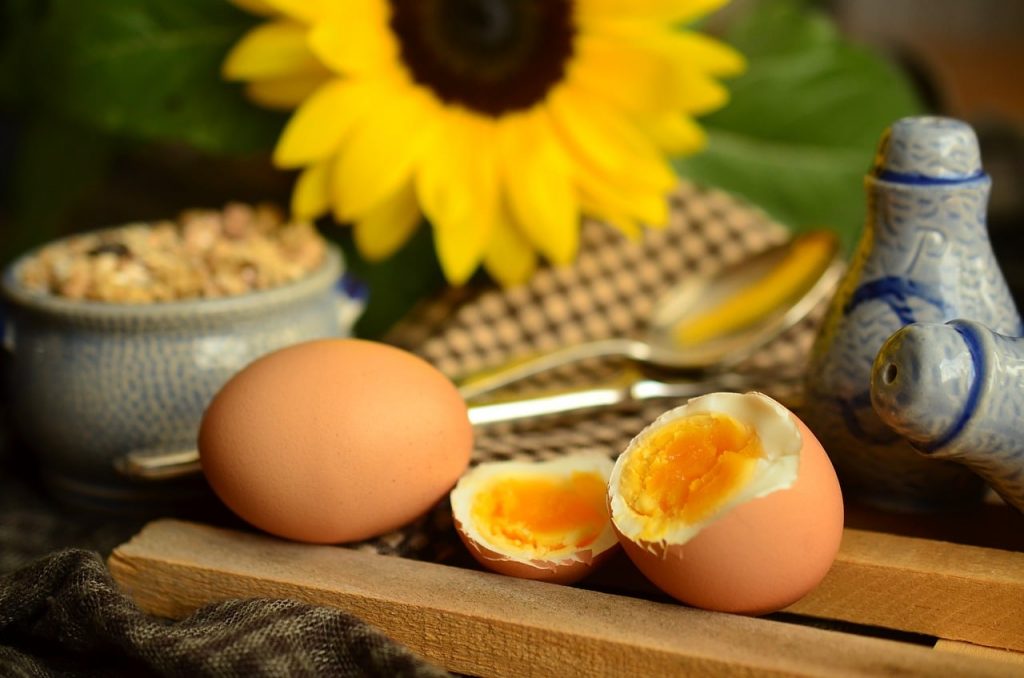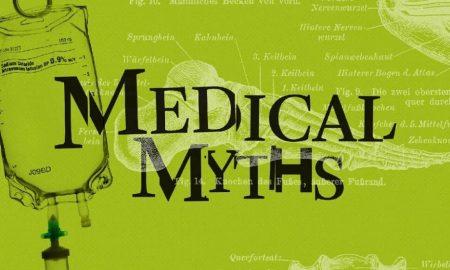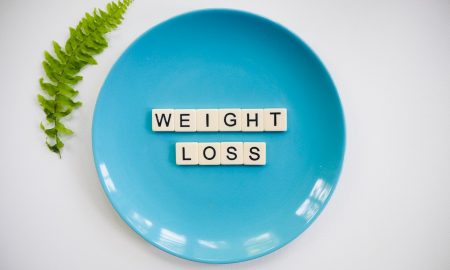
This Is Why Iron Is Important For Your Baby, and Here’s How You Can Provide It Easily!

One of the most important nutrition that we need to maintain a healthy body is iron. Women, in particular, need a consistent supply of iron in their daily lives, and apparently, so do babies. Contrary to popular belief, just because your baby is eating enough does not mean that their daily nutritional requirement is also being fulfilled. In fact, a routine checkup may very well show that your baby has an iron deficiency.

Iron deficiency can occur in babies as well, so it is best to get your child’s iron levels regularly to ensure there is no deficiency
For babies, iron is important because it produces blood as well as the oxygen-carrying component within it called hemoglobin. Since babies grow at a rapid pace, naturally their blood-producing requirements are very high as well, which means that they need a steady supply of iron in their diet.
In the case of newborns, this supply is already available in the body as a sort of reserve, more so if you practiced the delayed cord clamping technique during birth. But after a while, it becomes imperative that you start checking up on your baby’s iron levels.
Fulfilling The Daily Requirement
Research studies so far have recommended that the average baby, who is around seven months of age, would approximately need 11 mg iron on a daily basis. This can be sourced from a variety of foods which you can incorporate into your baby’s diet. One iron-packed food that is highly recommended by nutritionists is beef liver. You can get around 14.2 mg iron from a beef liver portion that weighs three pounds.
If the liver is not preferred by your child, then you can try feeding lamb or beef, or even organically-raised chicken as all of these meats are rich in iron as well. All of these foods would certainly need some preparation before they are appropriate for a baby to eat, but it’s not an overly complicated process.

Milk is a natural source of fortified iron, and hence an important food component of any child’s diet
All you need to do is cook up the meat in either coconut or ghee oil over a medium flame, and then take it off when its well-cooked to cool.
Then, place it in the freezer so that it becomes easier to grate, as you would have to give it as part of the foods which you feed your baby as per routine, such as scrambled eggs. But make sure to cook it up again as part of the main dish, because otherwise, it is going to be too cold for your child to consume.
Keep It Simple

When nothing else works, hard-boiled egg yolk is surely the way to go
While we can advocate the inclusion of meats into the diet of your baby all we want, it may be an impractical solution considering the time constraints you have which would probably disallow you from preparing meat-based food options that are appropriate for a baby to eat.
That is why, in the spirit of keeping things simple, we advocate boiling up an egg, then taking out the hardened yolk and mixing it with your breastmilk, a little bit of salt, and just a dash of ghee. While some studies are cautious about feeding eggs to a baby, many others have actually found evidence in support of them.
More in Weight Loss and Diet
-
Worried About Diabetes? Here Are Some Common Myths
There are several myths about diabetes that are frequently reported as facts. Diabetes misrepresentations can sometimes be harmful, leading to an...
June 29, 2023 -
Many Patients Pay Their Medical Costs Out Of Their Pockets – Even With Insurance
With rising inflation, it has become difficult for people to even fulfill their basic necessities. They are more concerned about how...
June 6, 2023 -
What Is The Right Weight For Kids And How To Gain Weight Healthily
Keeping your child happy and healthy is the primary concern of every parent. Parents usually focus on providing their young ones...
May 12, 2023 -
Thyroid Disorders in Children: What Parents Need to Know
Thyroid disorders are not limited to adults; they can also affect children. The thyroid gland produces hormones that play a crucial...
April 29, 2023 -
Should Doctors Attend To Patients With ‘Do Not Resuscitate Tattoos’?
Doctors at the University of Miami hospital were confronted with a dilemma when a 70-year-old unconscious man with a tattoo “do...
April 3, 2023 -
Your Antidepressant May Not Work If You Keep Doing This One Thing
People use social comparison to measure their self-worth. Social comparison has been in existence since time immemorial, and it is as...
April 1, 2023 -
Pro Tips on Preventing Hair Breakage While Keeping Your Hair Moisturized at Home
Every one of us is thinking a lot about how to forestall hair breakage and keep them moisturized at home. Since...
March 22, 2023 -
Planning to Travel After Retirement? This is the Best Medicare Coverage for You
Does Medicare insurance go with you once you are out of the country? It’s currently open enrollment period, and while planning...
March 14, 2023 -
Lumeris, A Medical Insurance Provider, Expands Into 5 New States & 44 Counties
Lumeris is one of the leading insurance providers in the United States. For years, the Saint Louis, Missouri-based firm has been...
November 8, 2022















You must be logged in to post a comment Login